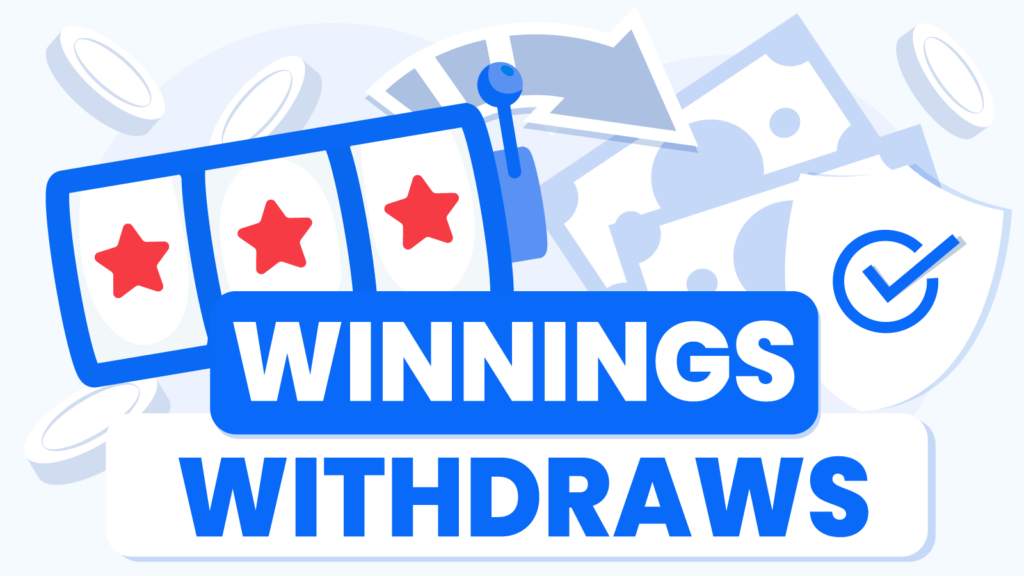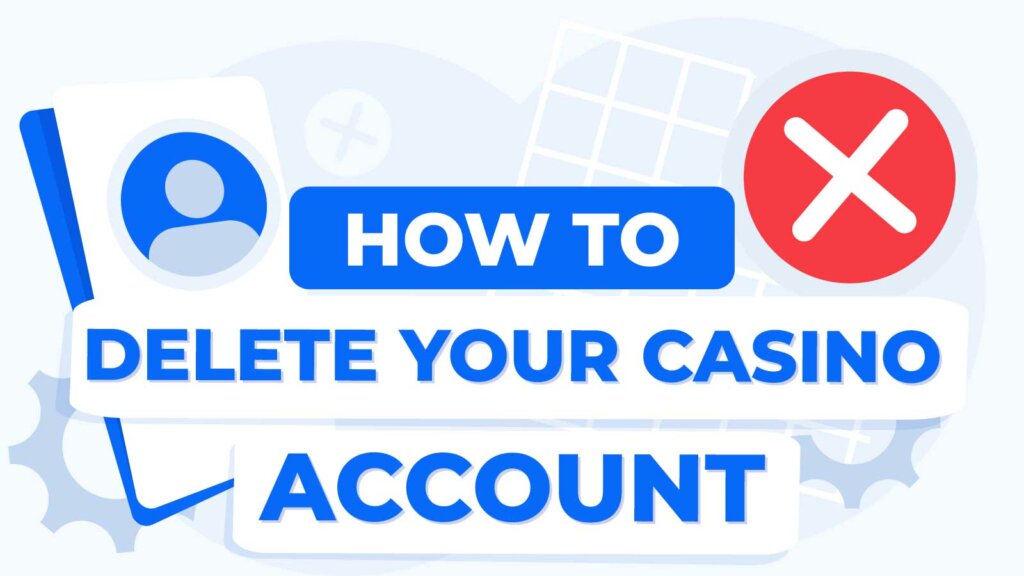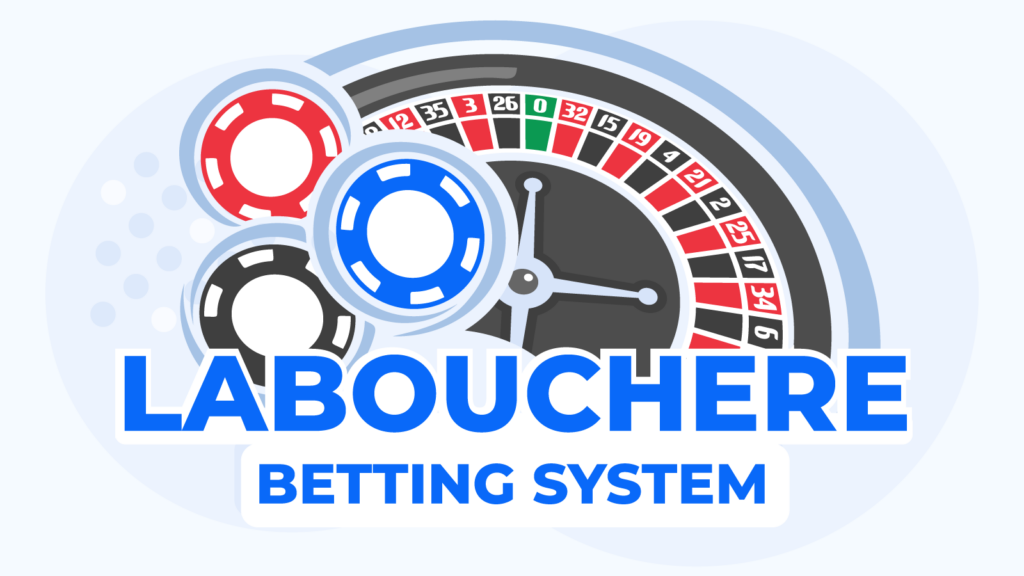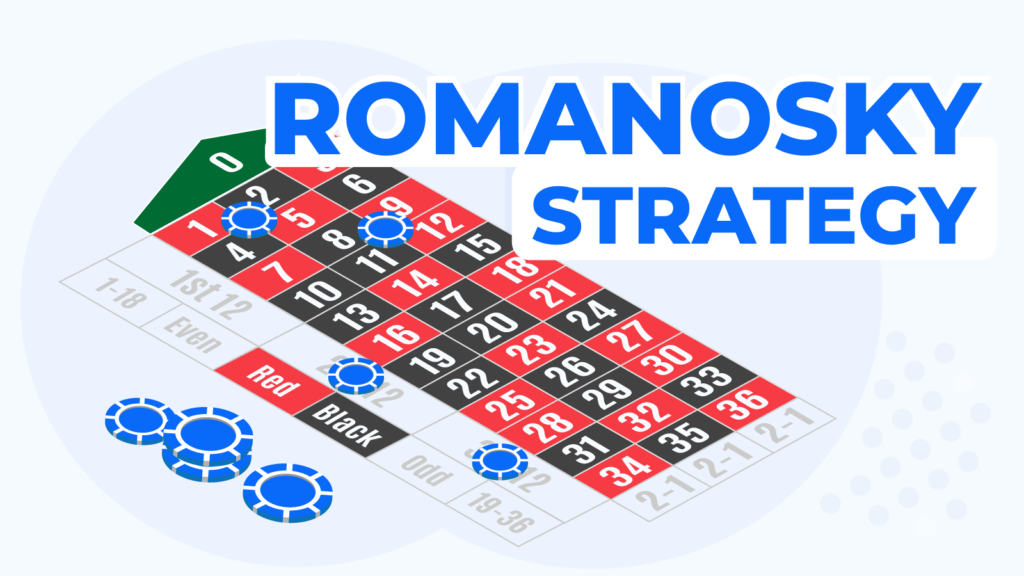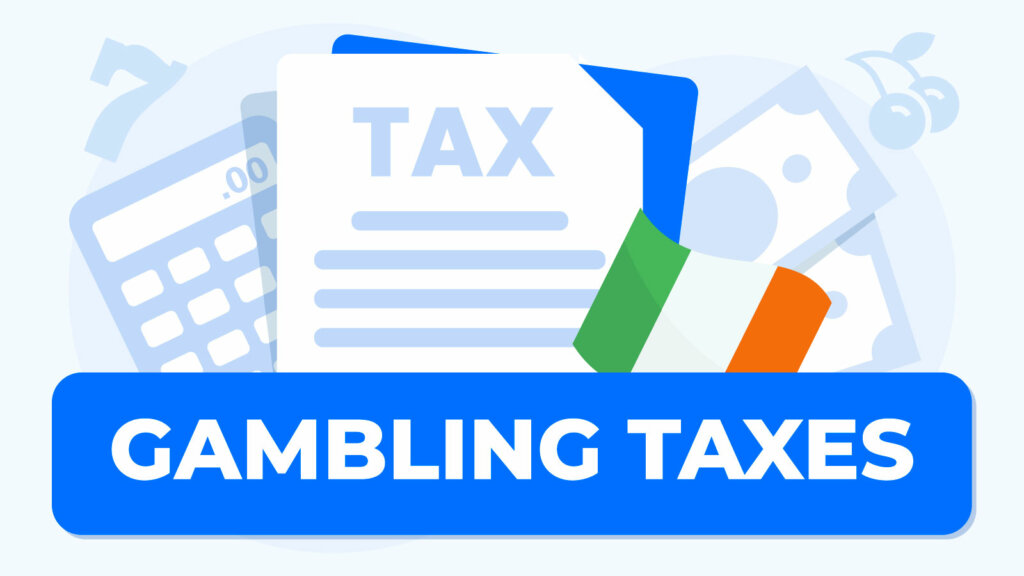
Irish Casino Tax Laws: Player's Guide to Winnings & Obligations
All the information in this page was checked by:
Every piece of information we present is rigorously verified by our team of experts using multiple credible sources, ensuring the highest level of accuracy and reliability.
We have paid partnerships with the online casino operators featured on our site. We may also earn commissions when users click on certain links. However, these partnerships do not affect our reviews, recommendations, or analysis. We remain impartial and committed to delivering unbiased gambling content. For more details, visit our Advertiser Disclosure page.
Casino winnings in Ireland are currently tax-free for players, but this favourable situation isn’t guaranteed to continue indefinitely. Many players remain confused about their tax obligations, with our survey showing 37% incorrectly believe they must report gambling income.
- Do Irish Players Need to Pay Taxes on Their Gambling Winnings?
- Offshore Gambling Laws: What Sets Them Apart?
- Gambling Provider Taxes Explained
- How Irish Legal Gaps Affect Your Casino Winnings
- Irish Gambling Market Trends: How New Regulations Will Impact Players
- Understanding Fees Structure Under New Irish Gambling Regulations
- CasinoAlpha’s Methodology for Research
- References
Do Irish Players Need to Pay Taxes on Their Gambling Winnings?

The short answer is no.
The Revenue Commissioners, Ireland’s tax and duty authority, only collects taxes from gambling operators.
Here’s how it really works:
Gaming
In Irish legislation, gaming means playing something involving skill, chance, or both.
Gaming includes Slot sites, Live casinos, and casino games like Roulette or Blackjack, but it excludes sports betting.
However, regardless of the game, anything that falls into this category involves no fees for the player, and no maximum limits are specified.
The Hakki Decision
Many players are confused regarding Irish gamblers’ taxes, and the existence of the Hakki Decision proves it.
Since it’s highly important to know what regulations the court and Revenue Commissioners expect you to abide by, let’s see what this decision is about:
- A professional online poker player consulted a professional to see whether he needed to pay taxes for his casino winnings or not, as he was in the middle of a child support trial;
- Hakki played at casinos 3-4 days per week, sometimes spending the entire day there;
- His lawyer argued that he was not organized enough for his activity to be regarded as a trade or profession;
- The Revenue Commissioners approved, and it was determined that the player’s winnings were non-taxable.
Despite taking place in the UK, the argument made by Hakki’s lawyer could also be used in a trial involving Irish players taxes on gambling. This is because UK and Irish laws and principles regarding gamblers’ taxes are almost identical.
Betting
At the moment, the definition and limits of a bet have to be determined in court from case to case.
In terms of taxes, bettors are exempt from:
- Capital Gains Tax (CGT)
- Value Added Tax (VAT)
The main wager tax currently perceived is valued at 1%. Unlike previously, when it was collected directly from the bettor, the 1% tax is now imposed on betting companies.
Spread betting
A spread bet allows the customer to speculate on stock and share fluctuations without buying any stocks or using a stockbroker.
Spread betting is not subject to:
- Income tax
- Capital Gains Tax (CGT)
- Stamp duty
For now, spread bets should be tax-free for bettors.
Lottery
Lottery winnings are entirely tax-free in Ireland.
However, this rule doesn’t apply to all situations involving lottery winnings, so it’s worth making a few notes:
- If you earn income by investing them, then the named income is taxable;
- When the winnings are gifted, a Capital Acquisitions Tax (CAT) may have to be paid;
- The same Capital Acquisitions Tax (CAT) may apply to inherited lottery winnings.
Offshore Gambling Laws: What Sets Them Apart?

Offshore gambling providers whose activities fall under Irish gambling laws must request the same licenses from Revenue Commissioners as Irish operators.
Here are the licenses that providers can apply for:
- Remote bookmaker’s license
- Remote betting intermediary’s license
What happens to casino service providers?
As you can see, only betting/bookmaking services fall under Irish law. Here’s what all players should be aware of:
- Online gambling is not yet regulated in Ireland, so online casinos have no license to apply for;
- The contracts between offshore casino operators and Irish customers shouldn’t be governed by Irish law;
- If they aren’t governed by Irish law, there are no Irish player’s taxes on gambling;
- Until Irish law includes online casino services, online casinos can’t be registered by Revenue Commissioners unless they also provide betting services;
- For now, Ireland’s best casinos have licences from reliable authorities such as the UKGC or MGA.
Gambling Provider Taxes Explained
| Service type | Tax type | Tax value |
|---|---|---|
| Casino | VAT | 23% |
| Bingo | VAT | Exempt |
| Tote and on-course bets | VAT | Exempt |
| National lottery tickets | VAT | Exempt (this includes the commission that could be paid to the retailer on ticket sale) |
| Raffle (licenced premises) | VAT | Exempt |
Excise duty: Operator betting taxes explained
Excise duty is a tax usually imposed in addition to an indirect tax, such as the VAT.
The Irish excise duty is legally stipulated for operators that provide bookmaking and gaming, among other services.
The Revenue Commissioners can issue the following Irish excise licences:
- The Gaming and Amusement Excise Licence
- The Excise Licence based on Turnover – Remote Bookmaker’s Licence and Remote Betting Intermediary’s Licence
Two main licence categories operators can opt for
| Licence type | Duty |
|---|---|
| On-premises gaming licence (valid for three months) | €175 |
| On-premises gaming licence (valid for a year) | €630 |
For the second category, Irish taxes vary depending on the operator’s annual turnover.
Here are two visual explanations that might help:
Remote Bookmaker’s Licence
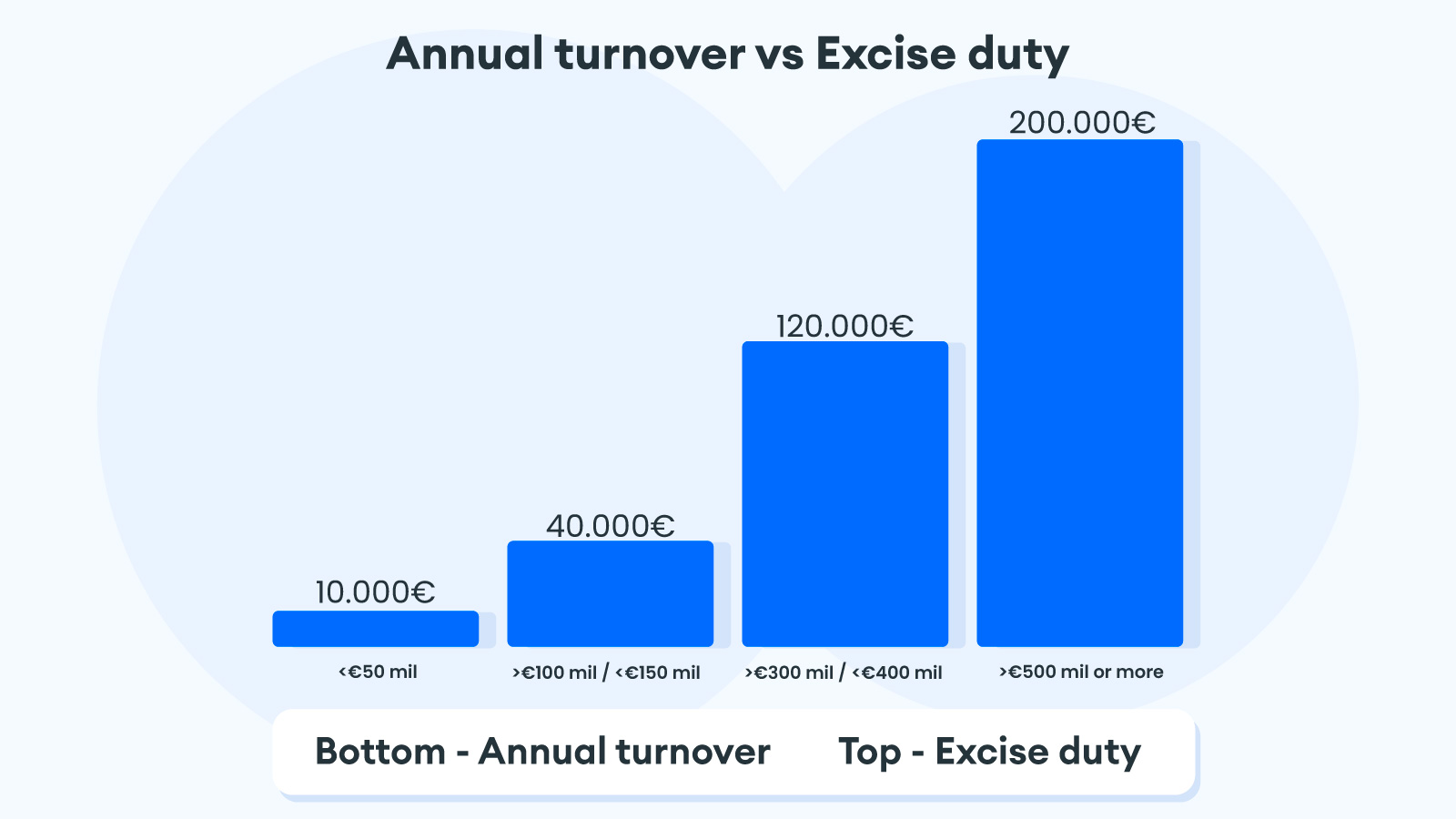
Remote Betting Intermediary’s Licence
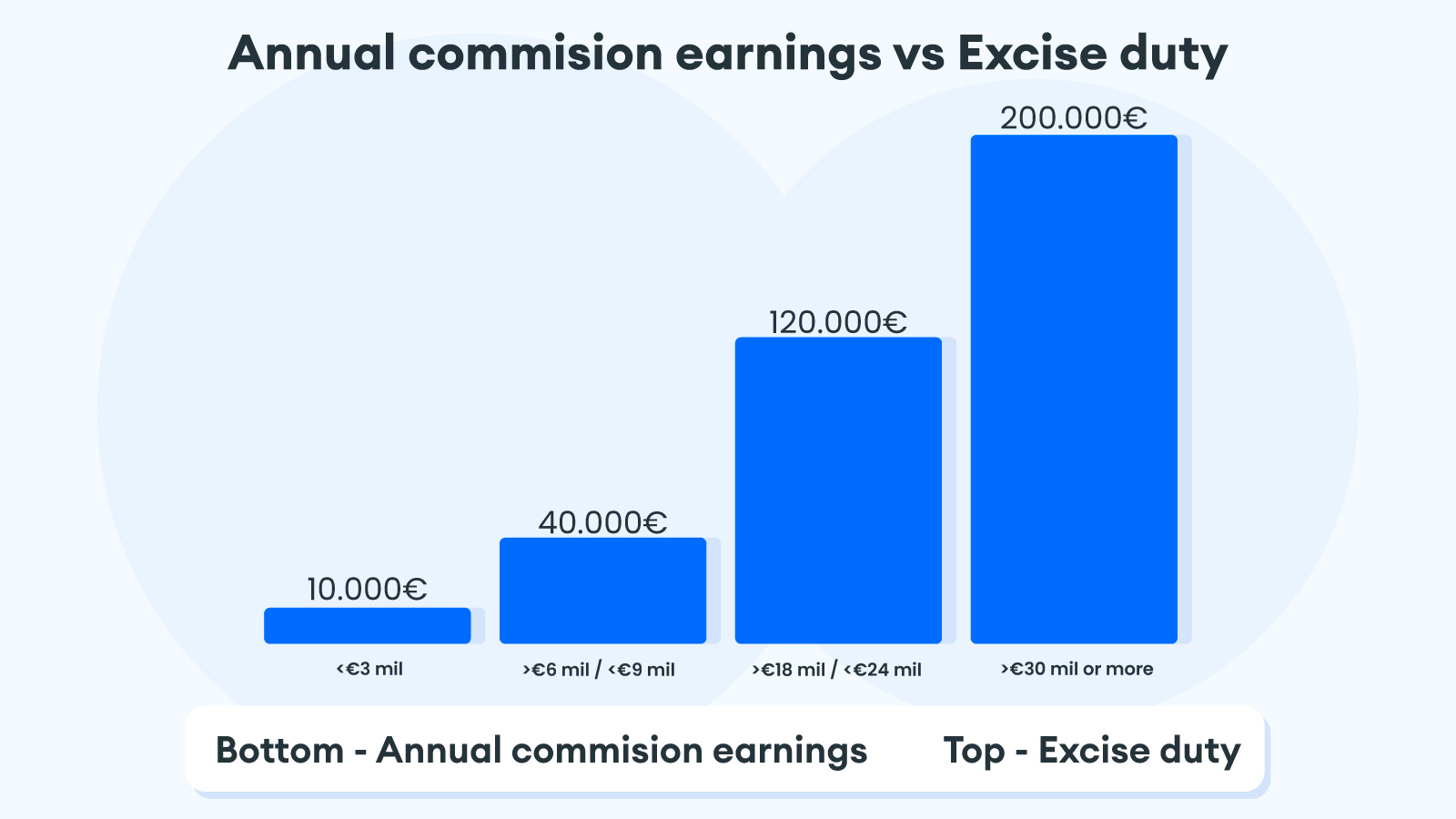
How Irish Legal Gaps Affect Your Casino Winnings
Since the Irish gambling legislation has not yet been updated to fit the current reality, players from Ireland face difficulties in claiming winnings legally.
To understand why, let’s look at the Gaming and Lotteries Act (1956)
In Section 36, this act regards all gambling and wagering-related contracts as void:
- This means that no such contract is recognized by Irish law;
- If they are not valid, the contracts cannot be enforced in court.
What consequences does this regulation have?
If gambling contracts are null, then both players and operators are deprived of receiving gambling debts.
How do casinos reach certain outcomes in the first place?
To see how players get to win in the first place, read our comprehensive RNG guide.
Let’s see how this regulation was applied in court:
Are gambling debts enforceable?
No, they’re not.
Now that you’ve read the theory, we can discuss how the 1956 regulation works in practice.
The Sporting Index Ltd v O’Shea case is the best example we can use:
- John O’Shea placed an online bet on a rugby match, and it turned out to be unsuccessful;
- His account got overdrawn, which resulted in gambling debts;
- The platform sued and obtained two judgments in their favour: one of €118.000 and another of £17.500;
- John O’Shea defended himself using the regulation in Section 36, which states that all gambling and wagering-related contracts are void;
- He also used a European Council regulation. If applied, the reason would be that judgments given in other EU states can’t apply in Ireland if they go against its public policy;
- Sporting Index Ltd argued that the Irish court only had to recognise the previous court order, not the gambling debt itself;
- The Irish court concluded that both were connected, so the previous court order could not be recognized, and the debt could not be enforced.
If you don’t want to get caught up in such a dispute, always turn to reliable Ireland casino reviews before choosing a platform to play on.
Irish Gambling Market Trends: How New Regulations Will Impact Players

While the current Irish gambling regulations seem pretty out of date, the near future is promising.
The new Gambling Regulation Bill is currently being drafted, and it includes:
- An official gambling authority to oversee the operators’ activity;
- The possibility of making a complaint regarding the operator;
- Better safety and advertising regulations.
Let’s take a better look at each of the highlights above, as all Irish players should be aware of the rules they’ll have to abide by:
The Irish gambling authority
- It will be the only authority to issue licences and to establish appropriate Irish taxes for licensing;
- It will handle monitoring activities and on-site inspections, along with other types of verifications;
- It must inform the public regarding Irish player’s taxes on gambling, regulations, and services;
- The authority also has to supervise the standard anti-money laundering practices.
Complaints regarding providers are based on:
- The operator’s conduct;
- A service, activity, or product supplied by the operator;
- The operator’s breach of any regulation imposed by the authority or through the Gambling Regulation Bill.
Safety measures
- Licence holders are not allowed to extend any loan or credit to a player;
- ATMs cannot be placed on the premises of a gambling facility;
- Operators must raise awareness of how to stop gambling addiction using responsible gambling tools;
- All operators must impose limits that ensure player protection, such as spending limits.
Understanding Fees Structure Under New Irish Gambling Regulations
Along with the publication of the Gambling Regulation Bill, fees and taxes may change.
When establishing licence fees, the new authority will consider:
- The types of gambling provided by the operator;
- The operator’s turnover;
- The size of the operations;
- Any other criteria the authority regards as relevant.
Since there aren’t many criteria to check if you want to see whether a casino platform is safe for Irish players, here’s a complete list of online casinos in Ireland, which we’ve already verified.
CasinoAlpha’s Methodology for Research
The CasinoAlpha team of experts ensure accurate and reliable information within all the guides featured on our website.
This is possible due to our thorough methodology, which encompasses the following steps:
- Extensive research on the legislation’s specifics, from the judicial system type to legal terminology;
- The gathering of all laws and regulations applicable to the topic we want to discuss with our readers;
- Reading all named laws and regulations entirely to debate them within our department;
- Reading commentaries written by legal experts from the state whose legislation we’re studying;
- Researching the available jurisprudence related to our topic;
- The summarization of all regulations and cases gathered so that we can create a practical article structure;
- The article structure then passes through several departments to make sure it is entirely appropriate for our readers;
- Lastly, the final article goes through several correction and fact-checking processes to maintain our status as a reliable source of information.
The same steps were followed when writing this article as well, along with a few additional ones:
- We researched the full history of tax and gambling laws in Ireland to establish which rules are still applicable today;
- We gathered information regarding the upcoming regulations from different official sources to see which ones are going to be included in the draft;
- We also studied the Irish gambling legislation in comparison to the UK legislation, as it helped us see the influence of the latter on the recent modifications;
- As the Irish gambling legislation is complex and poorly organized, additional hours of research were needed to make sure the information featured in this article was accurate.
Learn more about us, our expertise in online casinos, and our declared mission.


